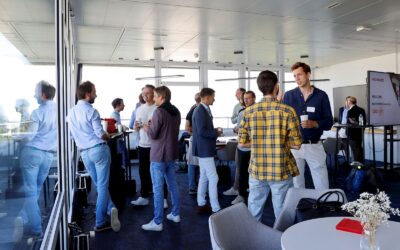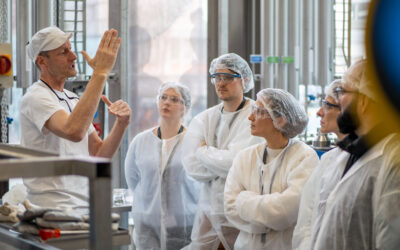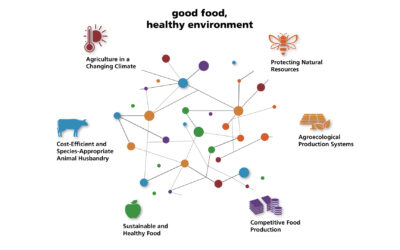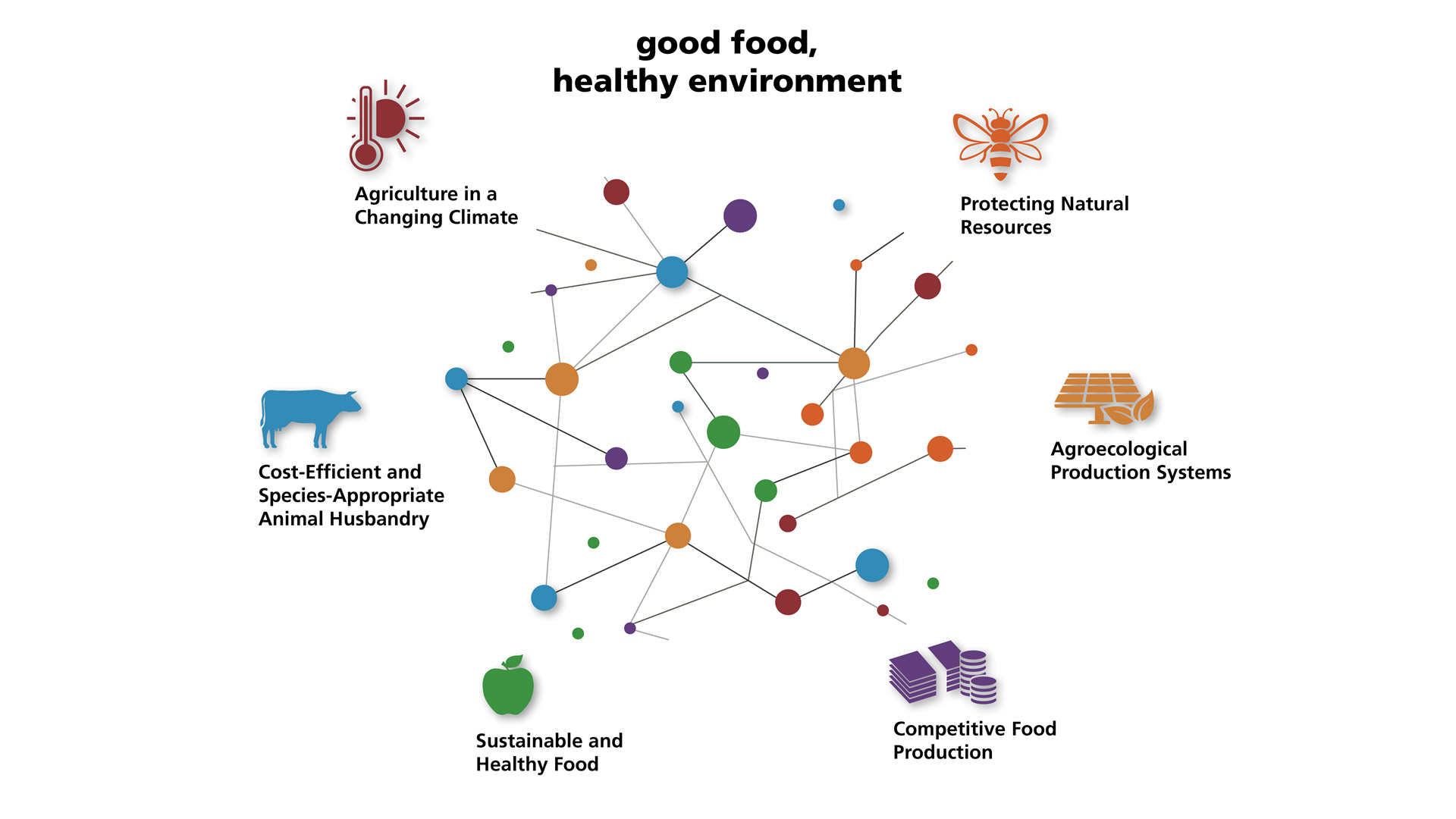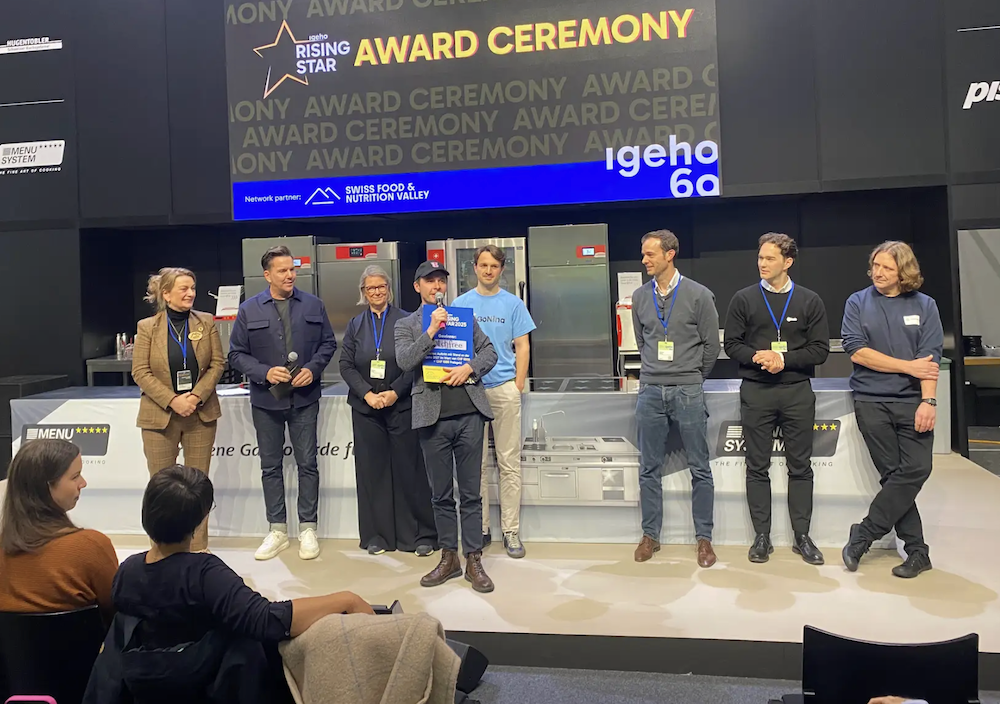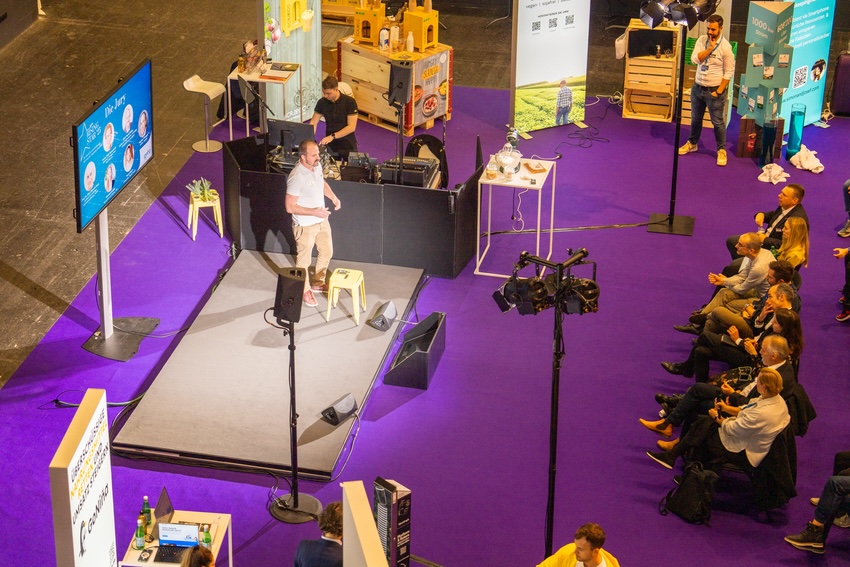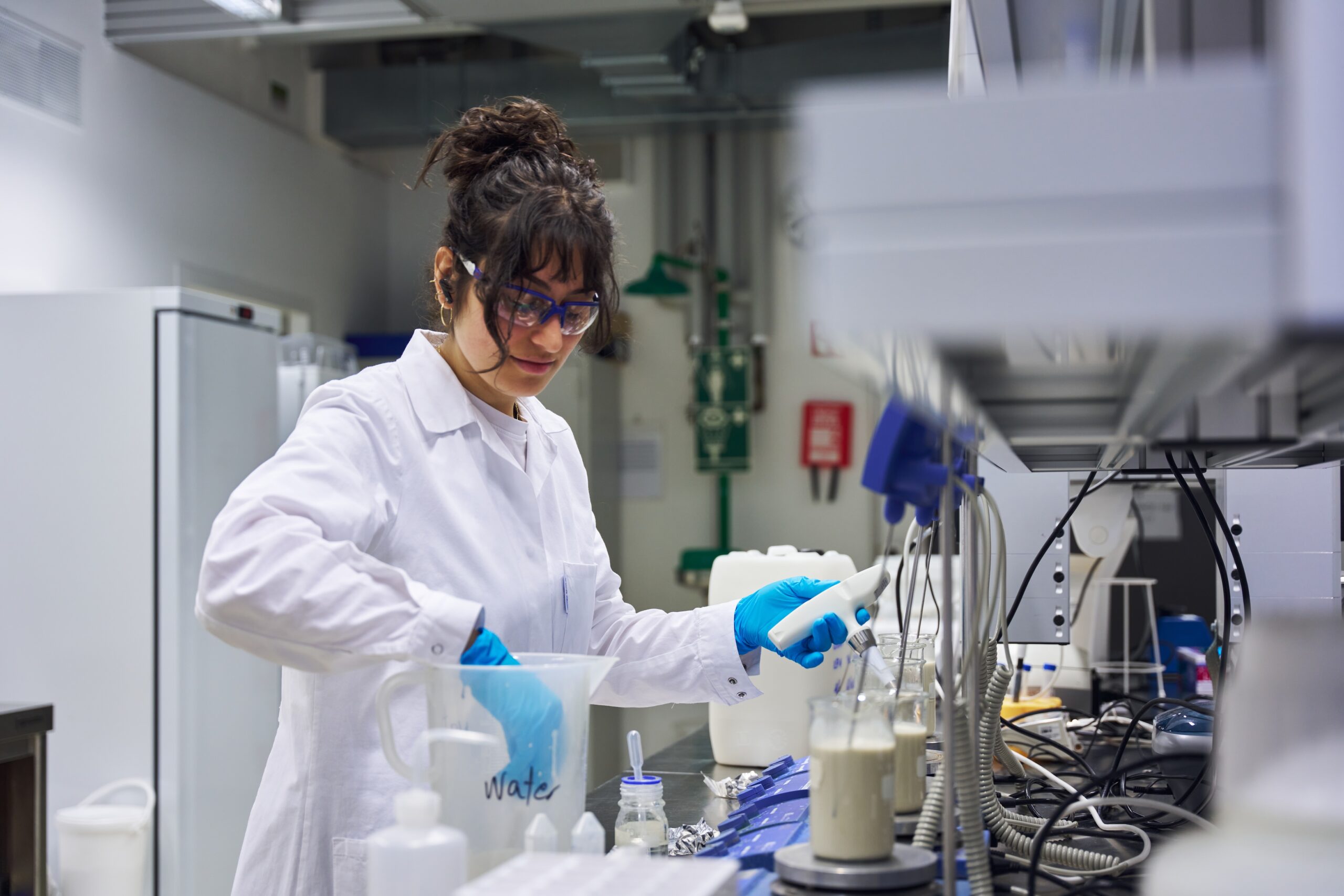Scale-Up Vaud celebrates its 10th...
HES-SO Valais-Wallis brings together European experts for extrusion training focused on food technologies
HES-SO Valais-Wallis brings together European experts for extrusion training focused on food technologies

Valley partner HES-SO Valais-Wallis, The School of Engineering and the Life Sciences, recently hosted two world-class training programs dedicated to extrusion technologies.
Organized in partnership with Dennis Forte & Associates, these courses brought together food, biomaterials and process engineering professionals in Sion, who travelled from across Europe to deepen their expertise.
These training sessions were made possible thanks to the involvement of Michael Beyrer, Professor at the School of Engineering and Head of the SUSTAINABLE FOOD SYSTEMS research focus at HES-SO Valais-Wallis.
Food & feed extrusion technology
Over three days, participants explored the fundamental principles of extrusion and extruder configuration, the physical and chemical phenomena occurring inside the barrel, die design and causes of process instability and the application of these principles to cereals, snacks, textured vegetable protein, pasta as well as essential peripheral steps including preconditioning, drying, and raw-material handling.
A key programme highlight was a hands-on demonstration on the Life Sciences Institute’s pilot-scale extrusion line, an established infrastructure that enables the school to collaborate closely with industry and conduct applied R&D projects.
Extrusion scale-up and process transfer – from pilot to industrial scale
This second, more advanced module targeted specialists wishing to master process scale-up methods (from pilot to full industrial production), transfer a process from one extruder to another, quantify material rheology and critical process parameters, understand and model energy consumption, WATS, and degree of cook, and analyze and size extrusion dies. The course was also enriched with a broad variety of real-world case studies, drawn from industrial projects that had been led by the instructors.
By bringing together researchers, engineers and industry professionals for two high-level training programmes, the School of Engineering reinforced its leading role in developing key competencies for the food industry, process engineering, and biotransformation.
Sign up for quarterly Swiss food innovation updates.
Latest News
Scale-up Vaud announces the 44 companies newly labelled for 2026
OneAgrix holds USPTO patent-pending status for agentic AI trade infrastructure supporting regulated global food supply chains
Valley partner, OneAgrix, a Swiss- and...
HES-SO Valais-Wallis brings together European experts for extrusion training focused on food technologies
Valley partner HES-SO Valais-Wallis,...
Agroscope’s new work programme places a greater focus on impact and practical benefits
Agroscope’s 2026-2029 Work Programme...
